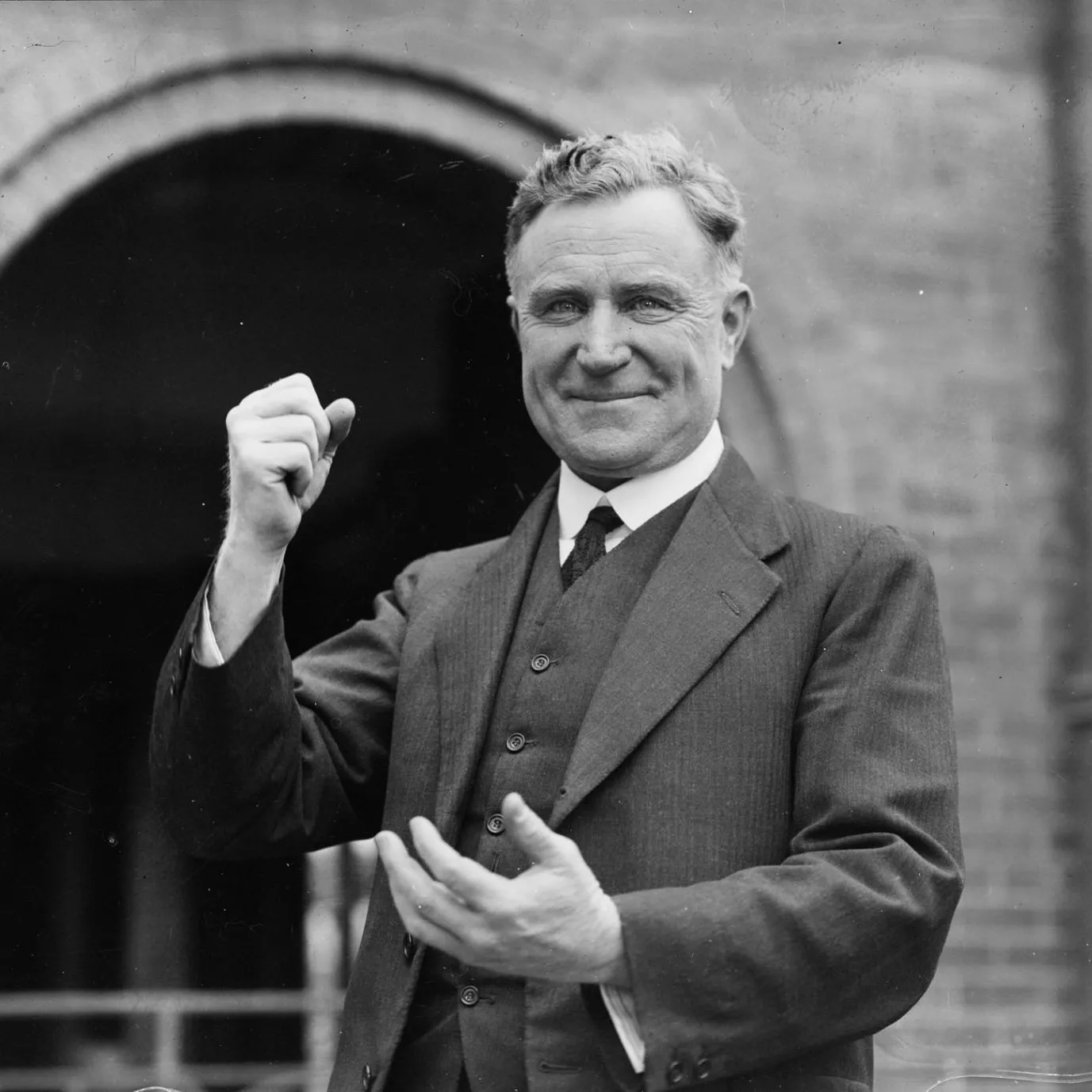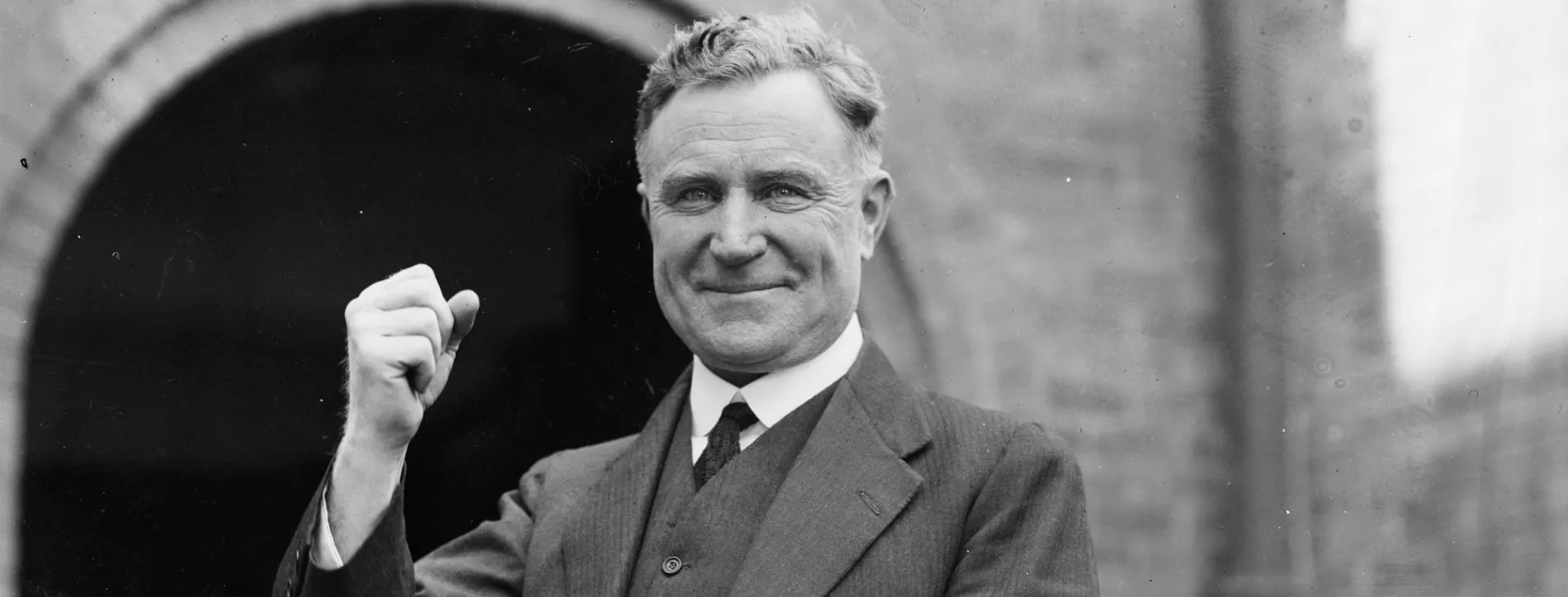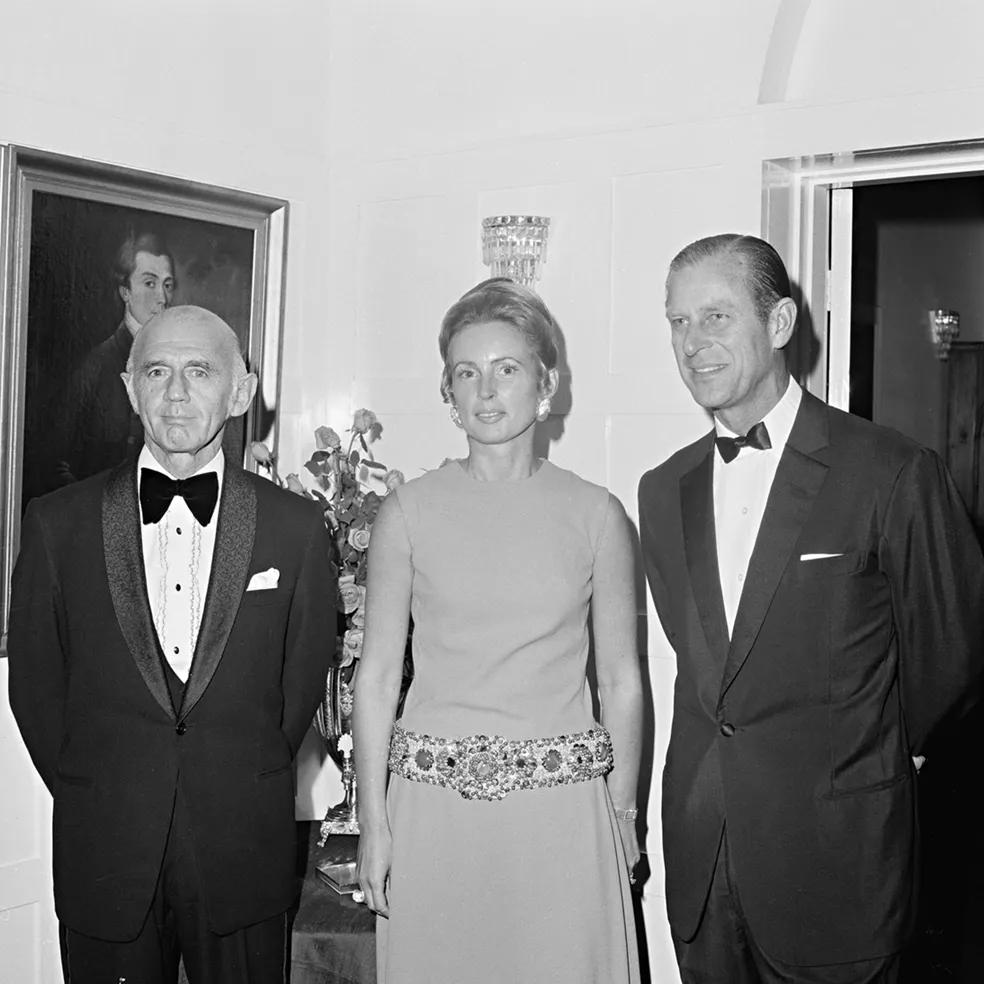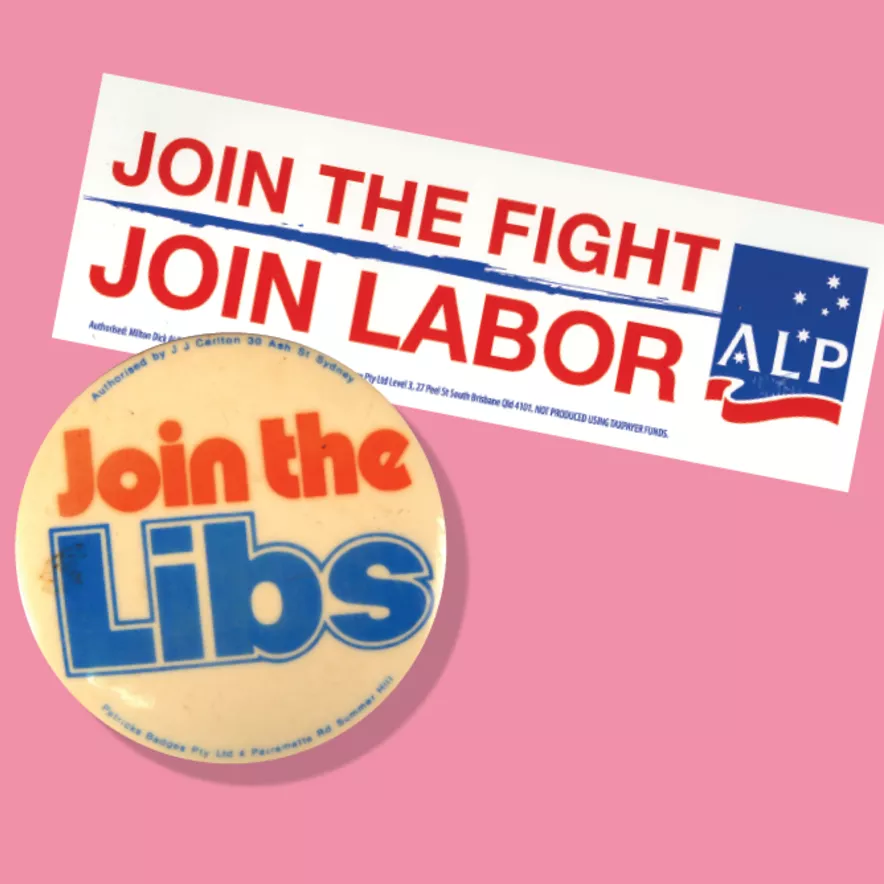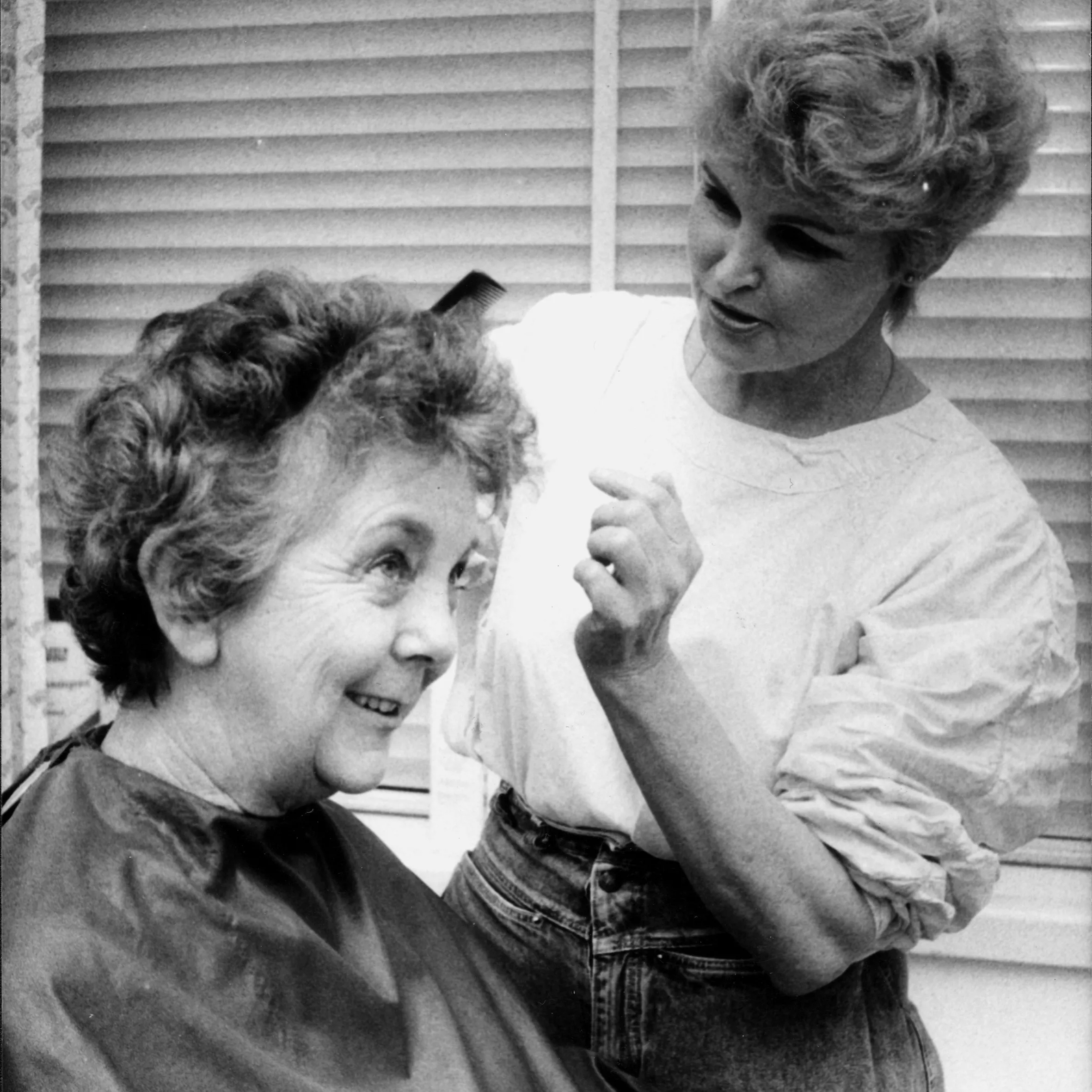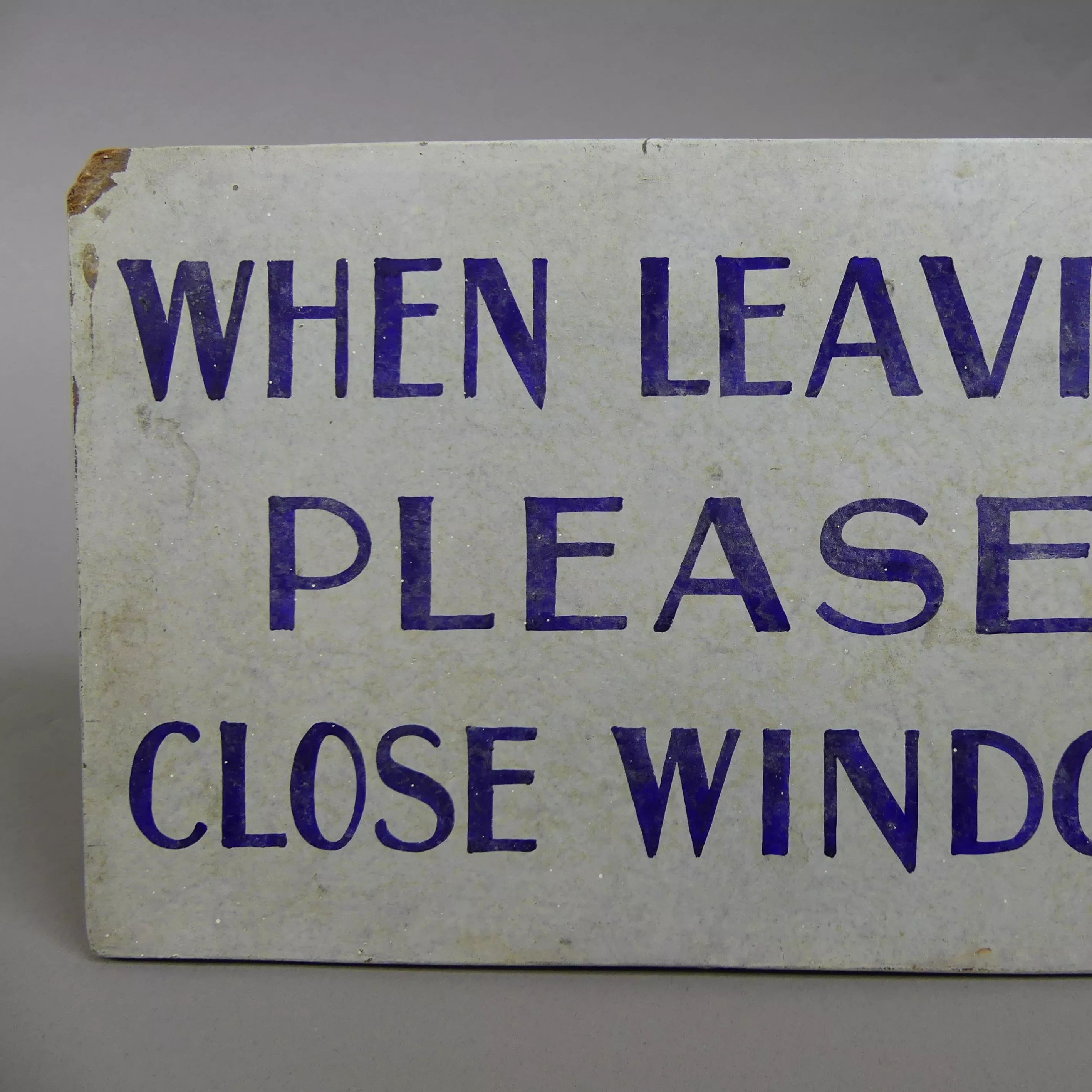What did our early PMs sound like?
- DateTue, 19 Sep 2017
We know a lot about how our early prime ministers looked but how they sounded is another question.
There are plenty of photos of them throughout their lives, and biographies record their personalities, appearance, quirks, habits, and even their tastes in food, literature or music. But we don't know much about how they sounded. The first sound recordings were made in the late 19th century, when all of Australia's early prime ministers were alive. Sadly, if they ever had their voices recorded, the recordings are lost.
Research hasn't been able to dig up any audio of the first five Australian prime ministers – Edmund Barton, Alfred Deakin, Chris Watson, George Reid or Andrew Fisher. But, thanks to archives and collectors, we have recordings of the voices of all the others. Modern politicians are recorded every day, so future historians will know all about their voices.
The First Five
Because no recordings of the first five PMs are known, we have to go by descriptions and a little bit of guesswork. Biographers describe Barton's voice as rich, medium-pitched, and beautifully modulated. Because of the time in which he lived and his social status, it is likely Barton would sound more English to modern ears. So would Alfred Deakin, who claimed his baritone voice had 'no trace of provincial accent'. Chris Watson grew up in New Zealand and may have sounded slightly Kiwi, although all that's recorded about his speech was that he was not a particularly good orator. Scottish-born George Reid had a high-pitched voice with no Scottish accent, since he came to Australia as a child. Not so Andrew Fisher, who migrated from Scotland as a much older man and whose thick Ayrshire brogue was notorious; listeners often couldn’t understand him because he spoke with such a strong accent.
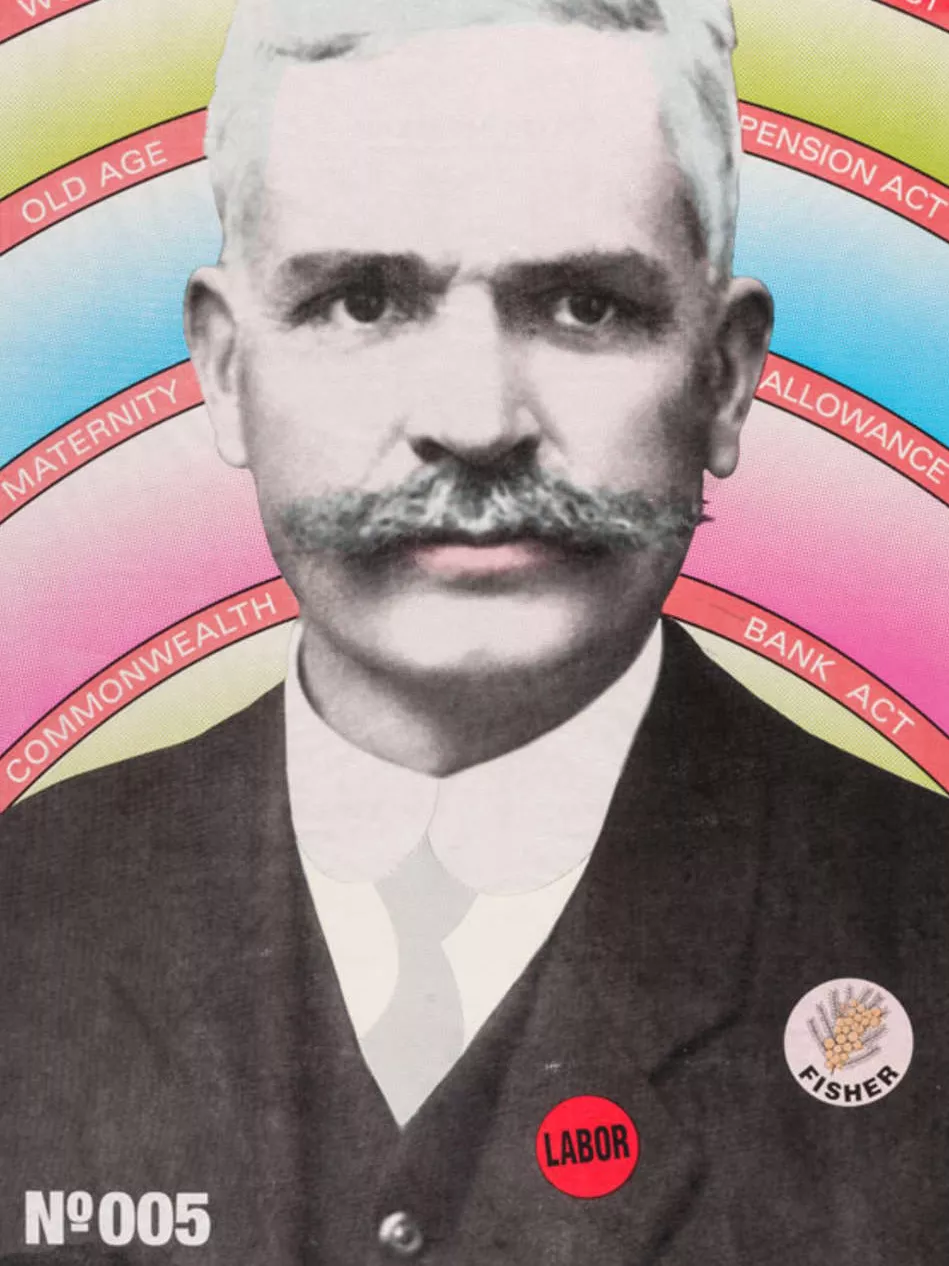
Joe Cook
There are no recordings of Cook during his prime ministership, but there is one that survives from near the end of his life. This recording from 1935 has Cook reminiscing about his time as PM, the First World War, and Australian agricultural policy. It is from the collection of the National Film and Sound Archive.
As with others of his era, Cook sounds more English than Australian to modern ears. Cook in fact was an Englishman by birth, having migrated to Australia in his twenties. He had been in Australia for 50 years when this recording was made, but retains his English accent. Cook’s speech is using Received Pronunciation (RP), or 'The King/Queen's English'; it was common for people making speeches to affect a more upper-class pronunciation, even right up to the 1970s. Cook came from a working-class miner’s background, but you wouldn’t know it to hear Sir Joseph's plummy speech.
Reminiscences by Sir Joseph Cook (1935) by NFSA
0:00
Billy Hughes, Stanley Bruce and Earle Page
At the 1929 election the leaders of the major parties recorded speeches, which survive today as long-playing records. The Museum has recently acquired copies of the four recordings, which are of former PM Billy Hughes, PM Stanley Bruce, and future PM Earle Page. The fourth recording was of Labor's deputy leader, Ted Theodore, who was as visible on the campaign trail as his leader Jim Scullin.
These are snippets from the recordings, in which the speakers talk about industrial arbitration, the key issue of the 1929 election.
Stanley Bruce was Australian-born, but on this record you could be forgiven for thinking him an English gentlemen. In many ways he was, because he attended Cambridge University and lived many of his formative years in England. On this record, his speech is aristocratic and formal, which biographers record was normal for Bruce.
Stanley Bruce speech
0:00
Billy Hughes was also English-born and, like Cook, working-class by background. Of Welsh parents, there was no trace of Welsh accent in his voice. In this recording, he is probably assuming an RP accent as well, although by this time in his life he was firmly established as part of the elite.
Billy Hughes speech
0:00
Earle Page is, like the others, using RP as well, but listen to his pronunciation of words like 'thousand' and you can definitely hear a more natural Australian bush accent. Page was from New England in northern New South Wales and, while he still sounds formal and elite by modern standards, you can definitely hear more of an Australian twang.
Earle Page speech
0:00
Jim Scullin and Joe Lyons
Thanks to newsreel footage, we can hear the voices of Scullin and Lyons recorded for consumption by a British audience. These films, from British Movietone and British Pathe, were put up on YouTube and show the PMs addressing the Mother Country.
Scullin, like all his predecessors, sounds decidedly English, although listen closely and you can hear the natural patterns peeking through.
By contrast, Lyons' voice is Australian through-and-through. It does sound quite high-pitched, but this may be due to the recording equipment used.
